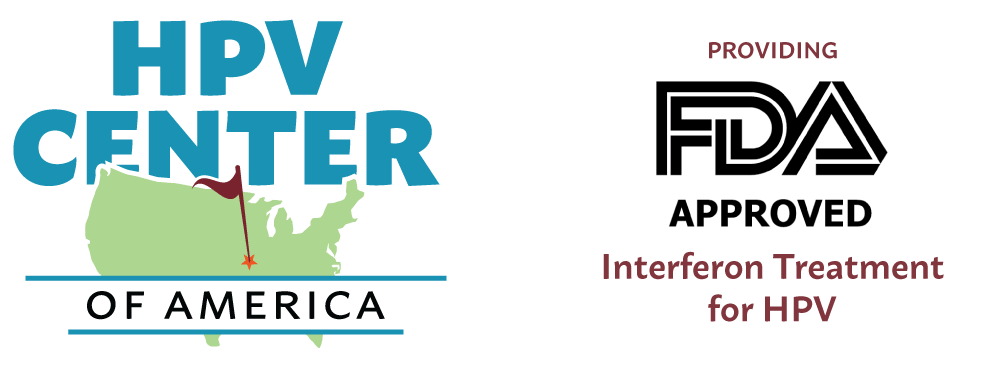Symptoms and Testing
If you suspect you may have genital warts, you should schedule an appointment at the HPV Center of America right away. It’s best to treat the human papillomavirus earlier than later with combination therapy, because as the name indicates, it is a virus and there is no cure. However, that doesn’t mean your body’s immune system with the help of FDA approved interferon can’t suppress the virus.
HPV virus can live in the body under the skin for weeks, months or years without symptoms of the disease. We have seen patients, faithful to their partners, befuddled by the fact they have developed genital warts. When this occurs, it’s important you, and your partner to be proactive and seek treatment to begin restoring your health and relationship.
Symptoms can manifest in the form of genital or anal warts.

Click image, above, to view photos of genital and anal warts.
WARNING: The images presented here are graphic and are intended to aid your understanding of genital and anal warts.
Common complaints include:
- itching
- irritation
- bleeding
- discharge
- and, pain
There are several techniques your doctor may use to make a diagnosis. Generally, there is a visual exam followed by use of magnifying instrument to see and identify warts inside a vagina, anus or on the penis shaft. It may be necessary to obtain a small biopsy, or tissue sample, to examine under a microscope. Genital warts appear as raised growths that are pink, red, gray or flesh colored. They have many distinct shapes, such as large and protruding or flat and difficult to see. Genital warts can look like cauliflower, or pointed finger-like projections in clusters or by themselves.
Don’t let the fear of a positive diagnosis stop you from seeing an HPV Center of America doctor. Our staff understands and is experienced in caring for patients in similar circumstances. It’s important to be seen at a clinic that specializes in HPV. While other providers may prescribe an ointment or cream that destroys or removes the wart topically, it does nothing to try to suppress the virus to prevent warts from recurring.

“Local or systemic treatment with interferon may also decrease the likelihood of recurrence following surgical excision or ablative therapy, but is uncommonly used in clinical practice…”



